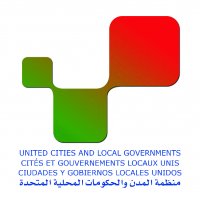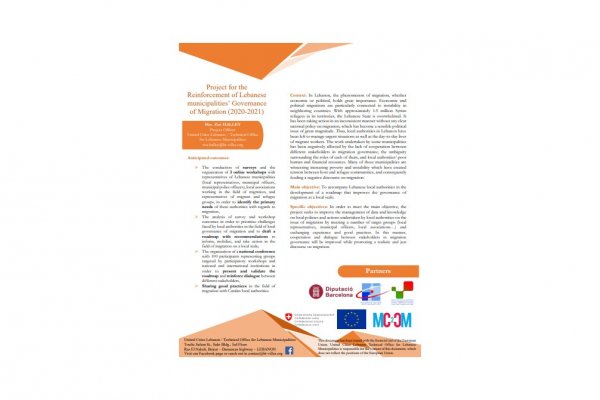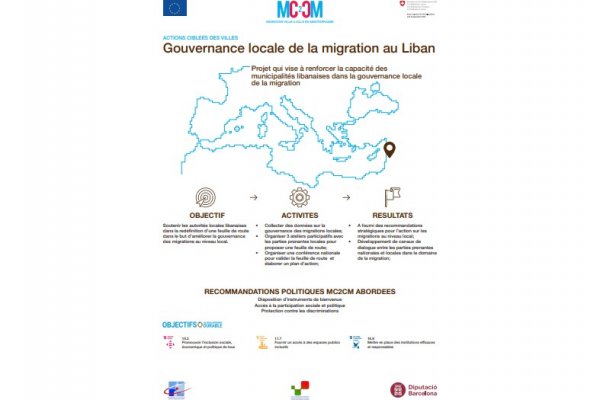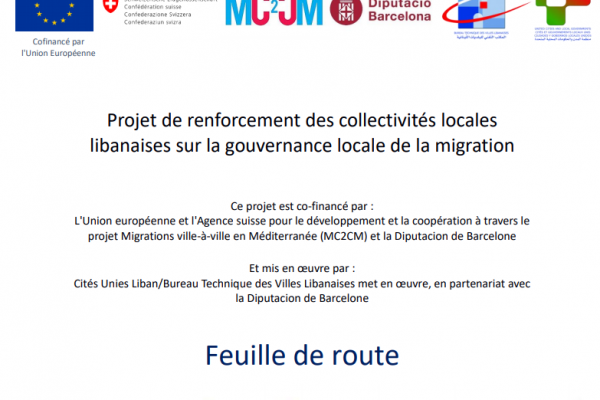October 2020
10h00
In Lebanon, the phenomenon of migration, whether economic or political, holds great importance. Economic and political migrations are particularly connected to instability in neighboring countries. With approximately 1.5 million Syrian refugees in its territories, the Lebanese State is overwhelmed. It has been taking action in an inconsistent manner without any clear national policy on migration, which has become a sensible political issue of great magnitude. Thus, local authorities in Lebanon have been left to manage urgent situations as well as the day-to-day lives of migrant workers. The work undertaken by some municipalities has been negatively affected by the lack of cooperation between different stakeholders in migration governance, the ambiguity surrounding the roles of each of them, and local authorities’ poor human and financial resources. Many of these municipalities are witnessing increasing poverty and instability which have created tension between host and refugee communities, and consequently feeding a negative discourse on migration.














